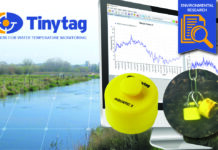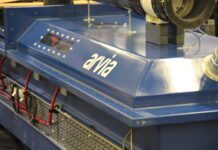TEN small- to medium-sized companies are to carry out feasibility projects to help businesses safeguard future water supplies at home and abroad.
The companies have been set the challenge of creating a technology or process that will save or recycle 1,000 million litres a day of water. The projects are designed to enable businesses to develop early stage ideas for technology in the expectation that they could develop into larger initiatives and lead to new markets.
Iain Gray, chief executive of the Technology Strategy Board (TSB), which is investing £500,000, said: “In the UK we are surrounded by water so it’s easy to take the security of our supply for granted. It seems hard to envisage that we could, in the short space of 40 years, start running out of fresh water.
“It is also estimated that by 2050, the UK will have a shortage in water supply of up to 10,000 million litres a day. Innovative new technologies and services are needed if we are going to find a solution to this key issue.”
The competition aims to not only find ways to ensure future water security but to exploit opportunities by funding companies that can find profitable ways of using water more effectively.
One project to share the funding is a next generation water saving system for the leather processing industry. It is being run by Xeros, which recently developed a virtually waterless washing machine. It will work with the leather industry that consumes vast amounts of fresh water to create a new way of cleaning the product and at the same time reduce polluting toxins in the waste water.
Another scheme is being run by Aquamesh which will use knowledge gained in the mining industry to create a low-energy sensor network for farmers that will reduce the amount of water used in irrigation.
Total cost of the projects with business investment is just over £1m with £500,000 worth of funding from the TSB and up to a further £100,000 from research organisations. In February the TSB announced £2.5m worth of aligned funding for larger CR&D projects with results due to be announced in August.
Both competitions have also been supported by DEFRA which has contributed £1m.
Home Water





